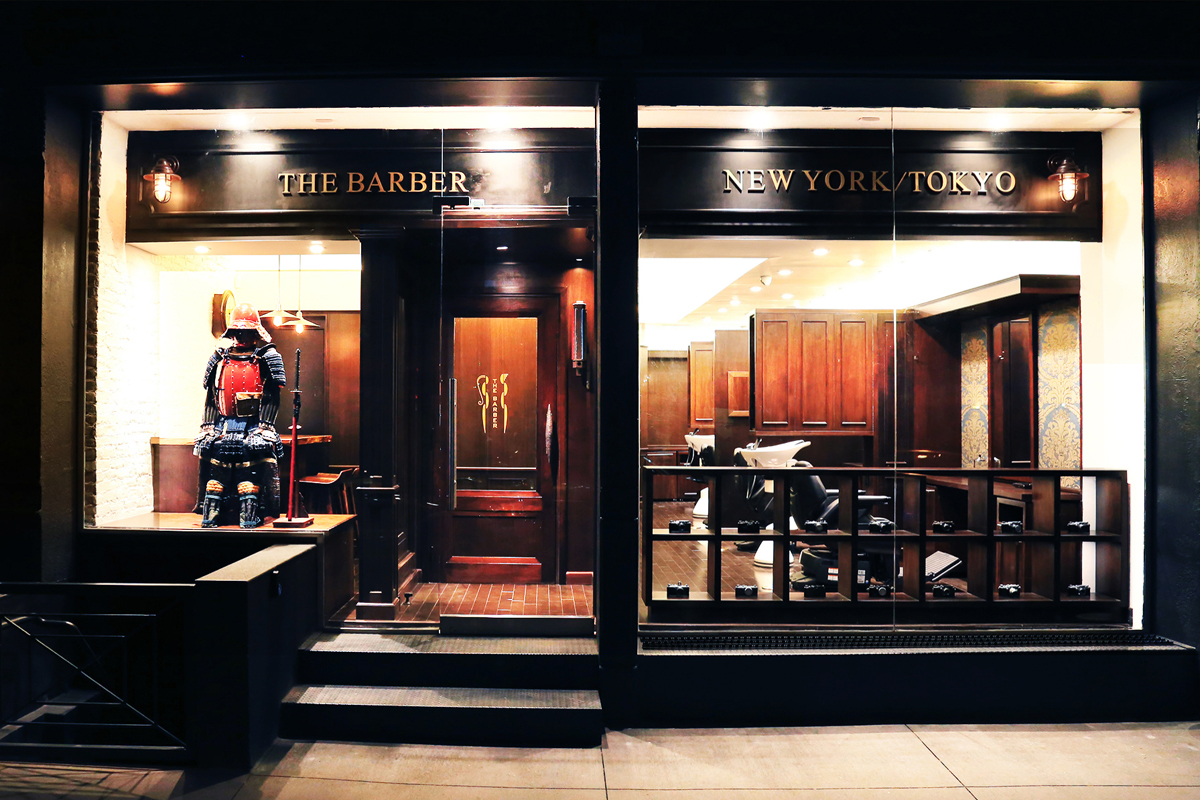Barbers as Cultural Stewards Shaping Community Character and Connection in NYC Metropolis
Barbers as Cultural Stewards Shaping Community Character and Connection in NYC Metropolis
Blog Article
Hair salons in NYC are more than just places to get a haircut; they function as important community hubs that help define neighborhood identity and foster connections among locals. These businesses have a rich history in urban settings, acting as meeting spots where people from varied backgrounds come together. In many areas, barbershops are often the initial place where individuals can engage in conversations about community issues, exchange stories, and forge relationships. This distinct role makes barbers not only talented professionals but also cultural curators who add to the community fabric of their communities.
The environment in a barbershop is often lively and welcoming, creating a setting where people feel comfortable sharing themselves. Barbers are known for their skill to engage with clients, often engaging in talks that range from athletics to politics. This interaction helps to create a feeling of belonging among clients, as they share their experiences and viewpoints. In many instances, barbershops reflect the ethnic diversity of the neighborhoods they support, showcasing different hairstyles, grooming methods, and even music that resonate with the local community. This cultural exchange enriches the interaction for all involved and strengthens community ties.
Barbershops also play a significant role in maintaining cultural traditions. Many barbers have been educated in particular techniques that are transmitted through ages, guaranteeing that unique looks and practices are not forgotten over time. For instance, certain styles and grooming practices may be linked to cultural background, allowing individuals to show their identity through their appearance. By maintaining these customs, barbershops this hyperlink help to preserve cultural narratives alive, providing a feeling of pride and connection for community members.
In addition to their cultural significance, barbershops often engage in community outreach and support local initiatives. Many barbers take an active role in addressing social issues, such as learning and health awareness, by hosting events or providing resources to their patrons. This involvement demonstrates a dedication to the well-being of the neighborhood and fosters a feeling of responsibility among barbers. By using their platforms to encourage positive development, barbershops become essential players in the local area, further reinforcing their role as community curators.
Overall, barbershops in New York City serve as crucial spaces for cultural exchange, community building, and identity formation. They provide a unique environment where individuals can connect, share, and honor their varied backgrounds. As community curators, barbers not only influence the way people present themselves but also affect the broader community dynamics. By understanding the importance of these establishments, we can appreciate the vital role they have in building connections and maintaining cultural heritage in urban settings.